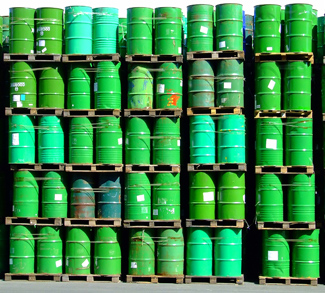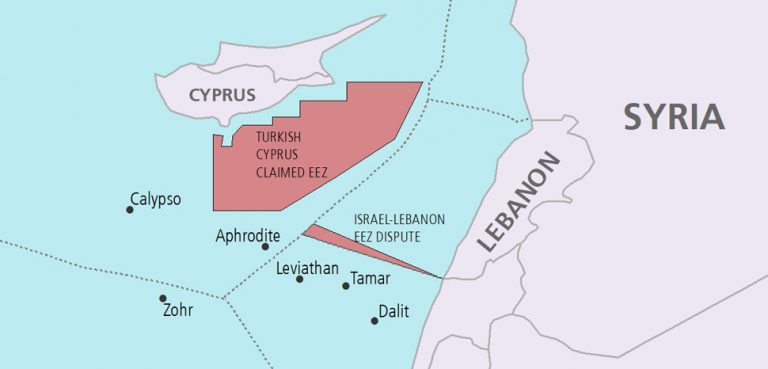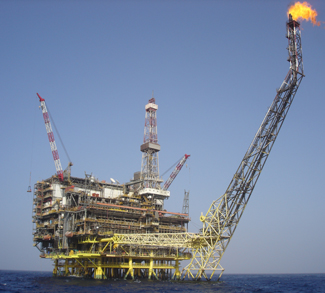The years immediately following the fall of Muammar Gaddafi might have been tense and chaotic, but everyone involved was committed to ensuring the oil kept flowing. Indeed in the period from January 2012 to March 2013, Libyan oil exports bounced back admirably, even flirting with their Gaddafi-era highs of over 1.6 million bpd. Back then there was an unspoken agreement between tribal and political antagonists that, despite all of the disagreements separating them, it was still in everyone’s best interest to protect the economic lifeblood of the nation, the source of virtually all government expenditures from military and infrastructure to civil servant salaries.
Libya Oil Report (05-26-15)




